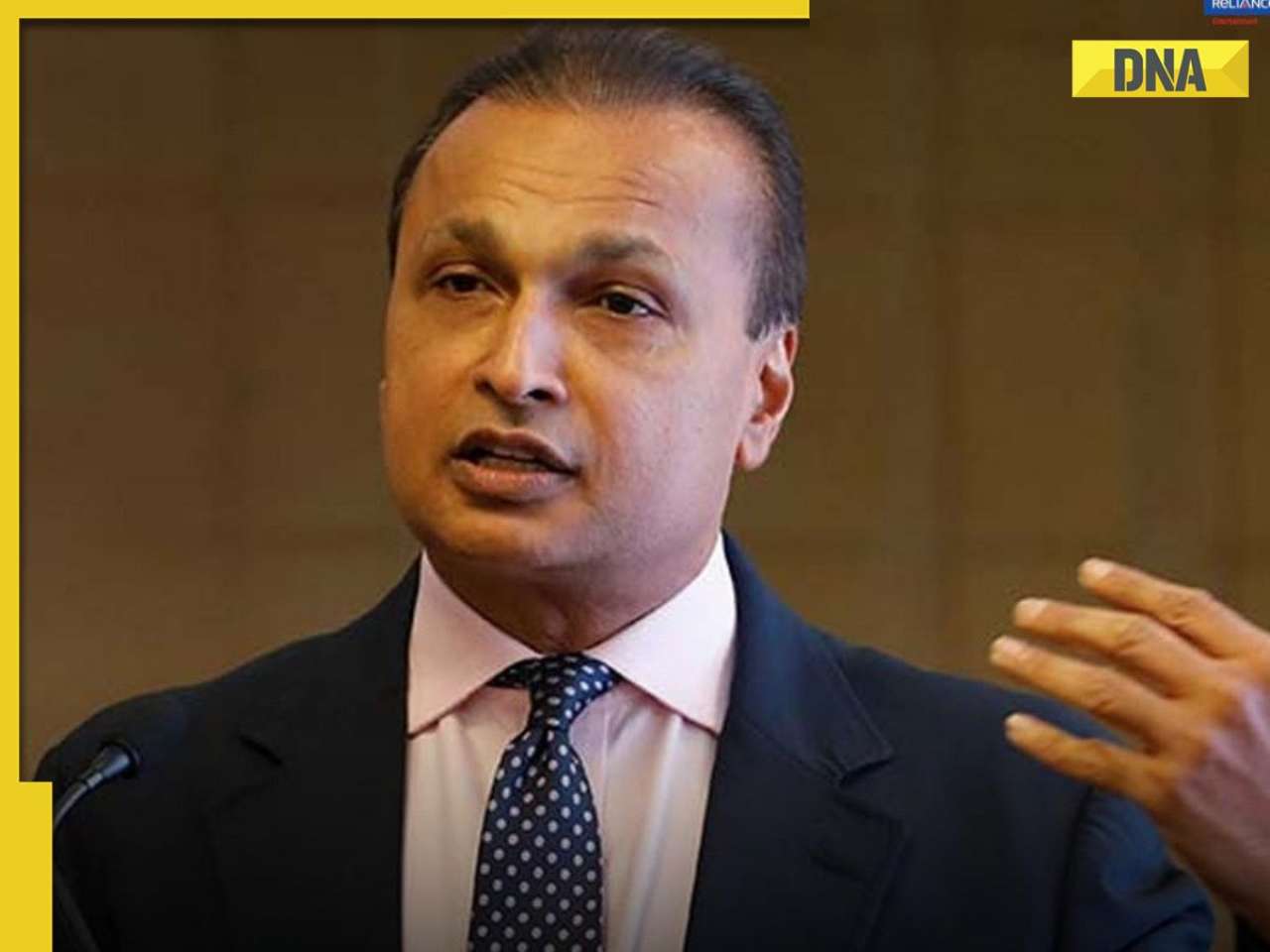As of July 2014, 349 million persons in India use a mobile phone. About 66 million Indians browse the Internet using smartphones and 30 million persons browse using non-smartphone devices. More than 80% of Indian users of Facebook and about 76% of Indians on Twitter access these social networks through their mobile phone.
As of July 2014, 349 million persons in India use a mobile phone. About 66 million Indians browse the Internet using smartphones and 30 million persons browse using non-smartphone devices. More than 80% of Indian users of Facebook and about 76% of Indians on Twitter access these social networks through their mobile phone.
What did these mind boggling statistics make you feel? Joy and delight, if you are seeking to capture the ecommerce space. But if you are one of those whom other people consider paranoid about health, this information probably made you feel alarmed. Why? Because from the earliest reports of mobile phones emitting radiations to the latest call for a precautionary approach, there are many studies that report dangerous effects for mobile phone usage.
Unfortunately, there are an equal number of equally well-constructed studies that find no such effects. So, which study do you believe? Do you continue keeping your phone next to you while you sleep or ensure it away at a safe distance? Here’s an attempt to clear the air and make sense of what is known about the impact of mobile phones on health.
Mobile phones and radiation
Radiation can be generally categorised as ionizing or nonionizing. X-rays and gamma rays are the ionizing radiations that cause cellular level changes leading to tissue damage and cancer.
Radiofrequency radiation is a type of nonionizing radiation that does not cause cellular changes leading to cancer. However, it can cause the vibration of molecules that may lead to an increase in body temperature that could be potentially unsafe.
Mobile phones make use of radiofrequency radiation to communicate with the nearest base station from where the call gets redirected to the recipient. While base stations also emit radiofrequency radiation, your exposure to this is negligible as compared to the radiation your head receives from the handset. (Read: Radiation from mobile phones – harmful or not?)
Why mobile phones raise concerns
The amount of radiation received from a handset depends on 3 factors:
- The duration for which the phone is used
- The closeness of the phone to the body
- The strength of the link between the handset and the base station; weaker the link, greater radiation the handset emits to compensate
In 2011, the International Agency for Research on Cancer said that radiation from mobile phones is ‘possibly carcinogenic’ because such radiation causes a rise in temperature of certain parts of the brain that may predispose a person to suffer a type of brain tumor called glioma. This prompted the World Health Organization to categorise radiofrequency radiation as likely to be carcinogenic (that is, cancer-causing). This statement of the WHO lent credence to the theory that one should use mobile phones with caution.
However, an important point of distinction is between what is a biological effect – a rise in temperature – and a health effect – development of cancer. All biological effects do not necessarily lead to a health effect, so, although mobile phone usage has been found to cause increase in temperature of the brain, there has been no conclusive evidence till date that it causes brain cancer in short or long term.
How to reduce your exposure to mobile phone radiation
If you still have fears about exposure to radiation from mobile phones, here are a few steps to adopt:
- Use a landline phone whenever it is available
- Keep calls on your mobile phone short
- Keep mobile phones away from your body when switched on
- Use hands-free devices to ensure there is a greater distance between your head and the mobile phone
- Use a mobile phone model with low specific absorption rate so that lesser radiofrequency radiation is absorbed by the body
One point worth mentioning at this juncture is that population studies on mobile phone usage have monitored health effects since the past few years. Considering that some cancers may take decades to develop, it cannot be ruled out that someday in the future, there could be clinching evidence to show that mobile phone usage increases the risk of cancer. (Read: 10 health hazards of mobile phones)
Latest developments
Reacting to the fears in various countries of the world over the ill effects of mobile phones, the WHO brought out a fact sheet clarifying that till date, no adverse health effects have been noticed as arising from the use of mobile phones. The premier health body also plans to carry out a formal study to assess the risk using data from various studies and these results will be available by 2016.
Real dangers of mobile phone usage
However, until that happens, there are other more pressing dangers associated with indiscriminate use of mobile phones. Using a mobile phone when driving is an especially important cause for concern; indeed, it has been shown to greatly increase the risk of a traffic accident. Equally important is the kind of addiction that people are developing for their mobile phones that leads to withdrawal symptoms when parted from it and the effect of this on real-life relationships.
Originally published on www.thehealthsite.com
![submenu-img]() This singer left Air Force, sang at churches, became superstar; later his father killed him after...
This singer left Air Force, sang at churches, became superstar; later his father killed him after...![submenu-img]() Indian-origin man says Apple CEO Tim Cook pushed him...
Indian-origin man says Apple CEO Tim Cook pushed him...![submenu-img]() Anil Ambani’s Rs 96500000000 Reliance deal still waiting for green signal? IRDAI nod awaited as deadline nears
Anil Ambani’s Rs 96500000000 Reliance deal still waiting for green signal? IRDAI nod awaited as deadline nears![submenu-img]() Most popular Indian song ever on Spotify has 50 crore streams; it's not Besharam Rang, Pehle Bhi Main, Oo Antava, Naina
Most popular Indian song ever on Spotify has 50 crore streams; it's not Besharam Rang, Pehle Bhi Main, Oo Antava, Naina![submenu-img]() Did Diljit Dosanjh cut his hair for Amar Singh Chamkila? Imtiaz Ali reveals ‘he managed to…’
Did Diljit Dosanjh cut his hair for Amar Singh Chamkila? Imtiaz Ali reveals ‘he managed to…’ ![submenu-img]() DNA Verified: Is CAA an anti-Muslim law? Centre terms news report as 'misleading'
DNA Verified: Is CAA an anti-Muslim law? Centre terms news report as 'misleading'![submenu-img]() DNA Verified: Lok Sabha Elections 2024 to be held on April 19? Know truth behind viral message
DNA Verified: Lok Sabha Elections 2024 to be held on April 19? Know truth behind viral message![submenu-img]() DNA Verified: Modi govt giving students free laptops under 'One Student One Laptop' scheme? Know truth here
DNA Verified: Modi govt giving students free laptops under 'One Student One Laptop' scheme? Know truth here![submenu-img]() DNA Verified: Shah Rukh Khan denies reports of his role in release of India's naval officers from Qatar
DNA Verified: Shah Rukh Khan denies reports of his role in release of India's naval officers from Qatar![submenu-img]() DNA Verified: Is govt providing Rs 1.6 lakh benefit to girls under PM Ladli Laxmi Yojana? Know truth
DNA Verified: Is govt providing Rs 1.6 lakh benefit to girls under PM Ladli Laxmi Yojana? Know truth![submenu-img]() Alia Bhatt wears elegant saree made by 163 people over 1965 hours to Met Gala 2024, fans call her ‘princess Jasmine’
Alia Bhatt wears elegant saree made by 163 people over 1965 hours to Met Gala 2024, fans call her ‘princess Jasmine’![submenu-img]() Jr NTR-Lakshmi Pranathi's 13th wedding anniversary: Here's how strangers became soulmates
Jr NTR-Lakshmi Pranathi's 13th wedding anniversary: Here's how strangers became soulmates![submenu-img]() Streaming This Week: Heeramandi, Shaitaan, Manjummel Boys, latest OTT releases to binge-watch
Streaming This Week: Heeramandi, Shaitaan, Manjummel Boys, latest OTT releases to binge-watch![submenu-img]() Remember Ayesha Kapur? Michelle from Black, here's how actress, nutrition coach, entrepreneur looks after 19 years
Remember Ayesha Kapur? Michelle from Black, here's how actress, nutrition coach, entrepreneur looks after 19 years![submenu-img]() Remember Heyy Babyy's cute 'Angel' Juanna Sanghvi? 20 year-old looks unrecognisable now, fans say 'her comeback will...'
Remember Heyy Babyy's cute 'Angel' Juanna Sanghvi? 20 year-old looks unrecognisable now, fans say 'her comeback will...'![submenu-img]() DNA Explainer: Why Harvey Weinstein's rape conviction was overturned, will beleaguered Hollywood mogul get out of jail?
DNA Explainer: Why Harvey Weinstein's rape conviction was overturned, will beleaguered Hollywood mogul get out of jail?![submenu-img]() What is inheritance tax?
What is inheritance tax?![submenu-img]() DNA Explainer: What is cloud seeding which is blamed for wreaking havoc in Dubai?
DNA Explainer: What is cloud seeding which is blamed for wreaking havoc in Dubai?![submenu-img]() DNA Explainer: What is Israel's Arrow-3 defence system used to intercept Iran's missile attack?
DNA Explainer: What is Israel's Arrow-3 defence system used to intercept Iran's missile attack?![submenu-img]() DNA Explainer: How Iranian projectiles failed to breach iron-clad Israeli air defence
DNA Explainer: How Iranian projectiles failed to breach iron-clad Israeli air defence![submenu-img]() This singer left Air Force, sang at churches, became superstar; later his father killed him after...
This singer left Air Force, sang at churches, became superstar; later his father killed him after...![submenu-img]() Most popular Indian song ever on Spotify has 50 crore streams; it's not Besharam Rang, Pehle Bhi Main, Oo Antava, Naina
Most popular Indian song ever on Spotify has 50 crore streams; it's not Besharam Rang, Pehle Bhi Main, Oo Antava, Naina![submenu-img]() Did Diljit Dosanjh cut his hair for Amar Singh Chamkila? Imtiaz Ali reveals ‘he managed to…’
Did Diljit Dosanjh cut his hair for Amar Singh Chamkila? Imtiaz Ali reveals ‘he managed to…’ ![submenu-img]() Watch: Arti Singh gets grand welcome at husband Dipak's house with fairy lights and fireworks, video goes viral
Watch: Arti Singh gets grand welcome at husband Dipak's house with fairy lights and fireworks, video goes viral![submenu-img]() Meet actress, who belongs to family of superstars, quit films after 19 flops, no single hit in 9 years; is still worth…
Meet actress, who belongs to family of superstars, quit films after 19 flops, no single hit in 9 years; is still worth…![submenu-img]() IPL 2024: Suryakumar Yadav's century power MI to 7-wicket win over SRH
IPL 2024: Suryakumar Yadav's century power MI to 7-wicket win over SRH![submenu-img]() DC vs RR, IPL 2024: Predicted playing XI, live streaming details, weather and pitch report
DC vs RR, IPL 2024: Predicted playing XI, live streaming details, weather and pitch report![submenu-img]() Watch: Team India’s new jersey for T20 World Cup 2024 unveiled
Watch: Team India’s new jersey for T20 World Cup 2024 unveiled![submenu-img]() DC vs RR IPL 2024 Dream11 prediction: Fantasy cricket tips for Delhi Capitals vs Rajasthan Royals
DC vs RR IPL 2024 Dream11 prediction: Fantasy cricket tips for Delhi Capitals vs Rajasthan Royals![submenu-img]() IPL 2024: Kolkata Knight Riders take top spot after 98 runs win over Lucknow Super Giants
IPL 2024: Kolkata Knight Riders take top spot after 98 runs win over Lucknow Super Giants![submenu-img]() Indian-origin man says Apple CEO Tim Cook pushed him...
Indian-origin man says Apple CEO Tim Cook pushed him...![submenu-img]() Meet man whose salary was only Rs 83 but his net worth grew by Rs 7010577000000 in 2023, he is Mukesh Ambani's...
Meet man whose salary was only Rs 83 but his net worth grew by Rs 7010577000000 in 2023, he is Mukesh Ambani's...![submenu-img]() Job applicant offers to pay Rs 40000 to Bengaluru startup founder, here's what happened next
Job applicant offers to pay Rs 40000 to Bengaluru startup founder, here's what happened next![submenu-img]() Viral video: Family fearlessly conducts puja with live black cobra, internet reacts
Viral video: Family fearlessly conducts puja with live black cobra, internet reacts![submenu-img]() Woman demands Rs 50 lakh after receiving chicken instead of paneer
Woman demands Rs 50 lakh after receiving chicken instead of paneer





































)









)
)
)
)
)
)